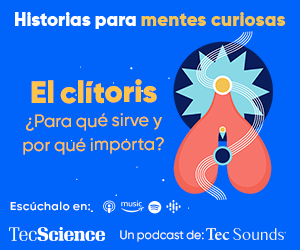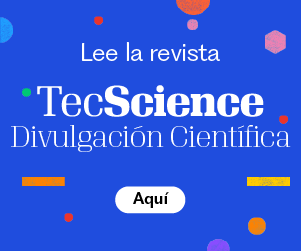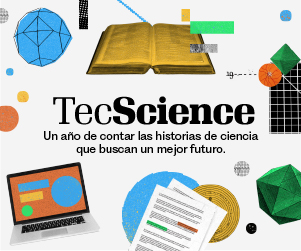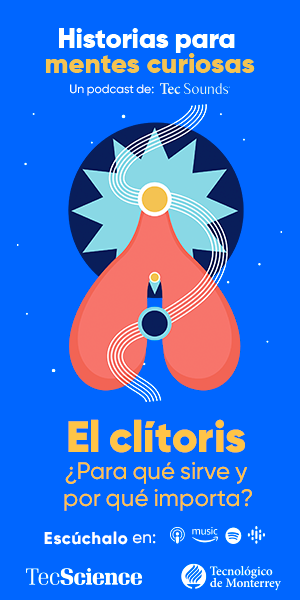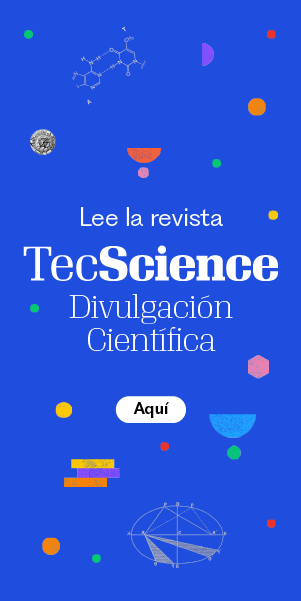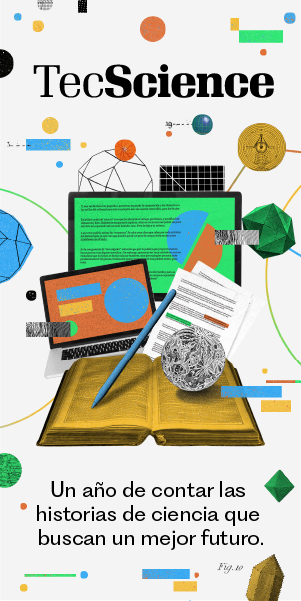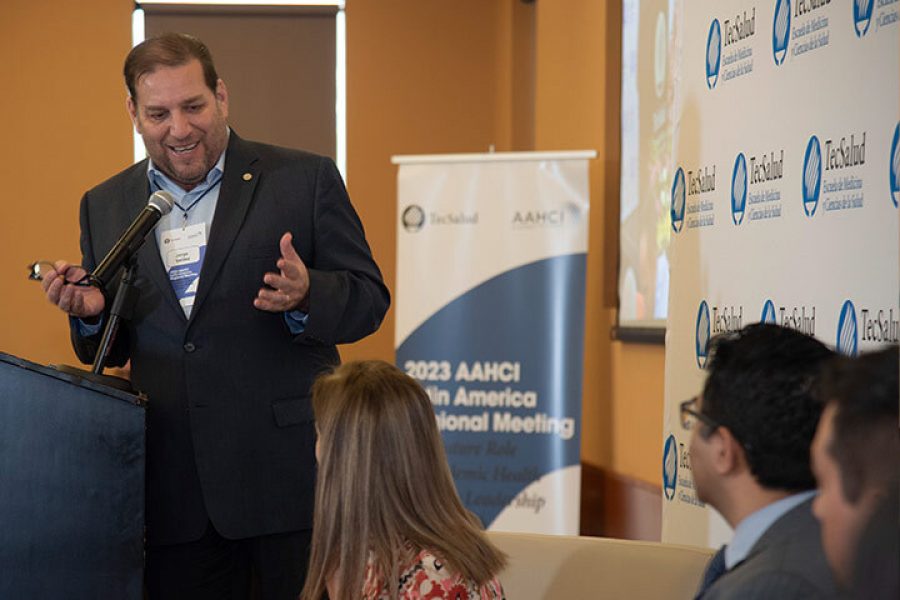A chickpea drink that lowers cholesterol and triglycerides; a technology platform that uses artificial intelligence to analyze the interaction of food and drugs with the microbiota; and nanocapsules loaded with natural drugs that can help in the treatment of childhood obesity without any side effects.
These three projects were made possible thanks to Health Pioneers program, an initiative to promote science and technology innovation and entrepreneurship in healthcare, for the purpose of turning research into products or services that help solve various issues.
The initiative uses the I-Corps methodology developed by the National Science Foundation. Besides that, workshops, multidisciplinary work, and mentoring are carried out so that research can become a reality.
Health research initiative
The call for the first edition of Health Pioneers was launched in March 2022 for full-time professors from Tec de Monterrey and TecSalud to submit research proposals focused on solving the problem of obesity.
Six projects were chosen to receive mentoring, with three of these receiving funding of 500,000 pesos. “The aim of this program is for researchers to be able to increase the development of their technology, define their market, and create a minimum viable product. We accompany them with technical, regulatory, and business aspects,” says Vanessa Aguilar, strategic project leader at Tec de Monterrey’s Institute for Obesity Research.
Although the institution has the Tec de Monterrey Technology Transfer Office (TTO), which advises and helps researchers turn their work into prototypes, products, and technology-based companies.
However, Health Pioneers focuses exclusively on health issues, specifically obesity due to the magnitude of this problem.
For researcher Janet Gutiérrez, who already has experience with technology-based companies, participating in this type of call is important. “It helps us to change the mindset that we have to focus on publications, which many of us were taught. This prompts us to restructure our thinking, to have much more open communication with industry and the market in order to spin up projects.”
A methodology for researchers
The Health Pioneers program has several stages, ranging from preparation workshops, project pre-selection, and training programs to funding, follow up, and incubation of the most notable projects. This is done by the EBCT Center of Excellence at the Eugenio Garza Lagüera Entrepreneurship Institute of Tec de Monterrey
It uses the Innovation Corps or I-Corps methodology created by the National Science Foundation, whose objective is to promote scientific research technology transfer. This is based on creating multidisciplinary teams from business and research areas and conducting real-life surveys and interviews to obtain information on market requirements and analyze results.
Omar Lozano, leader of one of the finalist projects, explains two aspects that Health Pioneers helped them strengthen. “In the area of technology development, they prompted us to carry out an in-depth search to see what has already been patented. So, now we are certain there is no prior knowledge. In business strategy, they taught us the importance of building interdisciplinary teams, where there are technically capable people who also have business skills.”
All this enables researchers to progress more effectively with their projects, as well as find solutions to tangible problems. Throughout the process, they receive technical, regulatory, corporate, and business advice, including patents and feasibility, among other things.
At the end of the program, the aim is for them to develop prototypes that reach the market to be commercialized, whether by creating a company or support for licensing the technology to an existing company.
Janet Gutiérrez points out that what took her almost 20 years with Jaseda, her black bean startup, will now take around three years thanks to the support of Health Pioneers. “It’s a huge advantage to be accompanied by experts on the business model side, on intellectual property issues, and also when pivoting your ideas promptly and correctly with people who are in the industry.”
2022 Health Pioneers winning projects and lessons learned
Here are the 3 finalist projects that received funding:
MicroBiome, led by Alejandro García González
This technology platform uses artificial intelligence to analyze the interaction of food and drugs with the human gut microbiota. In this way, pharmaceutical and food companies can evaluate the effects of their products, study their impact, and determine if they are as healthy as expected.
This analysis is done through in vitro simulations, using algorithms that predict the effect of these products on the microbiota and how they interact with gastrointestinal bacteria.
Among the lessons learned, Alejandro García says that Health Pioneers gave him a structure that reduces the possibility of failure: “Perhaps your project doesn’t lend itself to being brought to market, but if you structure it this way, you’ll make further progress and you’ll be able to add value to your idea,” he explains.
One of the biggest challenges for him was time management. “Developing a project like this requires somewhat different planning. It’s very important to work as a team so that we can achieve our common objective together. Time is tight because it’s a 10-month program with quite ambitious deliverables, so we had to restructure the way we worked.”
SeProtect by Janet Gutierrez
This is a germinated chickpea-based drink that seeks to reduce blood lipids, such as cholesterol and triglycerides. Selenium is obtained organically from this legume, which is one of those most commonly produced in Mexico.
Janet points out that there are studies on this natural mineral that prove how it stimulates the antioxidant system and its effects on reducing the size of tumors, which is why they studied its benefits for lipid metabolism.
The team has spent almost a decade validating the beneficial effects through in vitro and in vivo models and will soon begin a clinical trial to finish validating this product’s health benefits.
For Janet, one of the main lessons learned from this process was the importance of working as a team and not in isolation. “You have to know how to ask for help in good time. I think that’s something we sometimes fail to do.”
Anti-inflammatory nanoformulation, led by Omar Lozano
These are very efficient nanosystems that can deliver drugs to stop inflammation in specific tissues such as the heart, which can be caused by metabolic disease.
This innovation seeks to design nanocapsules with natural drugs that can help in the treatment of childhood obesity, especially in cases where lifestyle change isn’t possible or is insufficient. This method is much safer as it has fewer side effects.
The Health Pioneers program helped Omar’s team to complete the technical tests and design a business strategy, “So that everything we think about in the lab can easily reach society,” he says.
“The advice that I would give to every researcher who has an idea for a science and technology startup is to first dream big. And, once that dream is clear, approach experts, apply to calls, and seek advice.
An opportunity to go from ideas to startups
The three researchers agree that Health Pioneers is a platform that uses their research to create a real impact, allowing it to go beyond the idea stage.
“Health Pioneers helped us speed up our progress and maintain focus… to not fall in love with the research, but to always seek to solve a problem that affects people, who are your product’s potential customers,” said Janeth Gutierrez.
“Some things may change in future editions, but we will continue to look at the issue of obesity and promoting interdisciplinary teams,” said Vanessa Aguilar, leader of this initiative.







